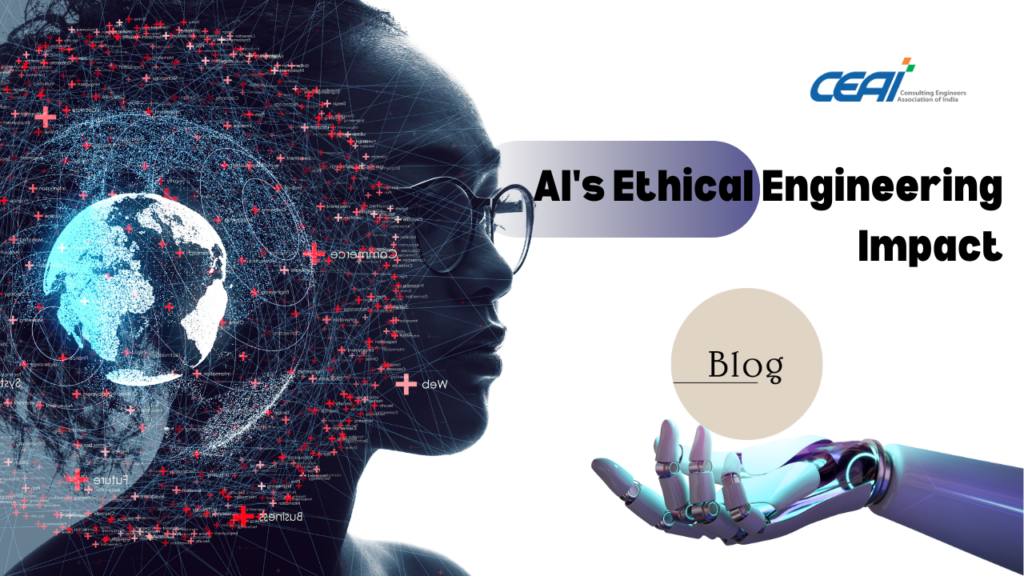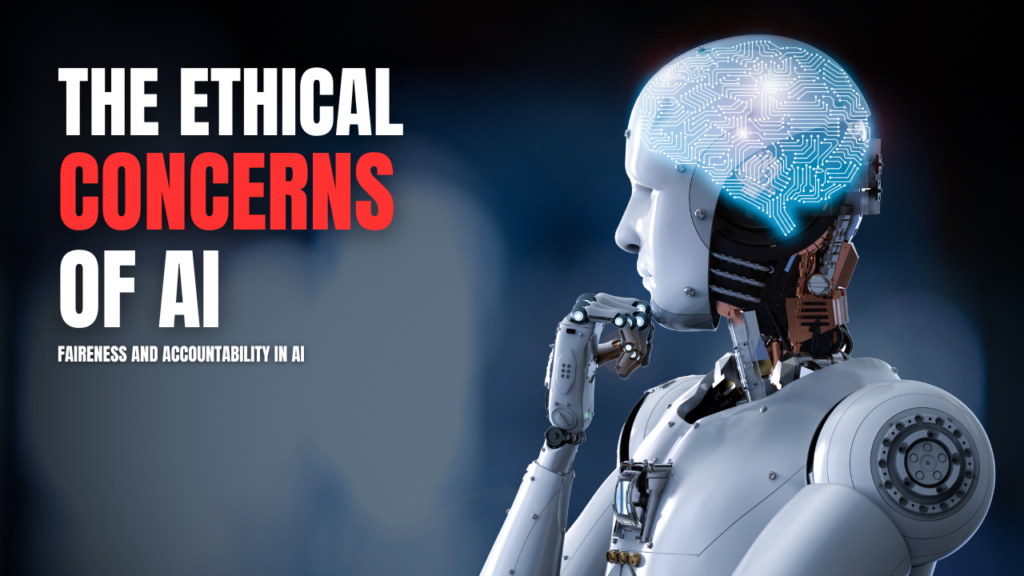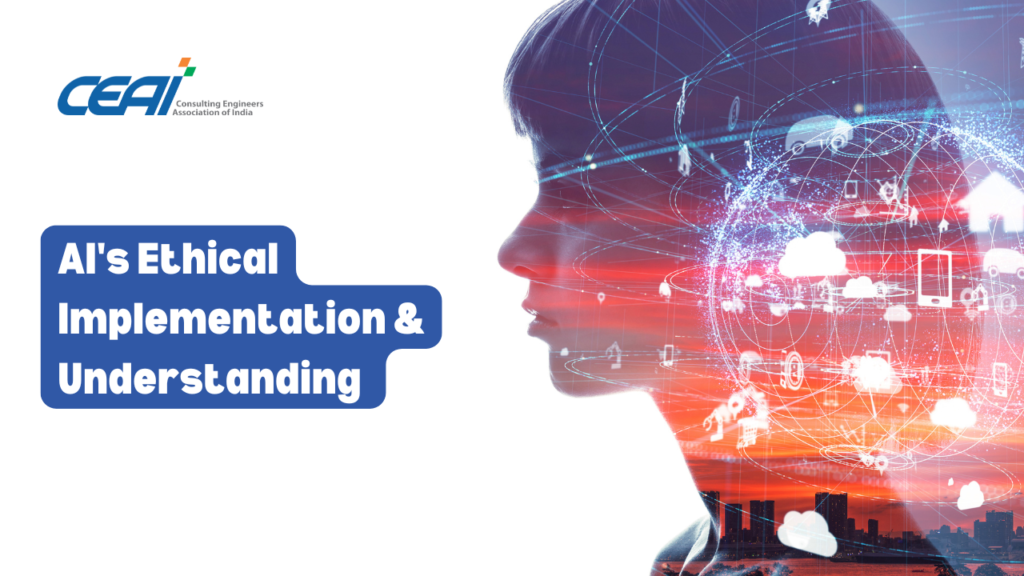
Technological advancement is rapidly affecting different fields and engineering is not left out. Being capable of processing big data, evaluating the designs, and foreseeing the result, AI opens up tremendous potential for increasing the effectiveness of engineering activities and time-to-market of innovative solutions. However, as with every great and useful tool, it is not devoid of certain ethical issues that come with the controlling integration of AI in engineering. These issues are mainly associated with the issues of equitableness, explainableness, and responsibleness of the automated systems.
Overview of the Role of Decentralization in Engineering
Nowadays the application of AI is inherent in the work of engineers when they develop new ideas, design systems, or supervise impressive constructions and infrastructures. With the help of machine learning techniques, various simulations have been made to predict different circumstances, to contribute to managing the resources and even to predict the time when equipment would require maintenance. Studies have emerged, though, regarding the ethical application of AI as it gets into core functions of engineering. The fourth question is, how do we make sure that these decisions made by AI are fair?
The Ethical Concerns

1. Fairness in AI
The main problem of AI ethicists to solve is the fairness. Since AI systems are trained on big data sets, it makes them replicative of these big data sets, and thus if the data sets contain bias then the algorithms will further carry bias. For instance, in engineering, an AI system, that is involved in resource assignment or work distribution, may for one reason or the other or due to some hidden factors end up discriminating against a particular group. In response to this, there is the need to train the AI models from various datasets that have more inclusiveness, and also to regularly check if the AI systems contain biases.
2. Accountability in AI
Next is responsibility, which is another cardinal principle of ethical artificial intelligence. Currently, in actual engineering projects, the precedence that holds or defines the chain of command is clear, albeit, this feature becomes distorted when it comes to AI systems. The difficult question that one has to ask is: if an AI system makes a mistake, who is to blame? Computer science professionals and teams implementing AI systems should set clear lines of responsibility; practical implications like auditing and oversights and communicating the specific decision-making procedures to the public should be implemented. Besides, it contributes to fixing mistakes and enhances confidence in AI solutions.
Standard Protocols of Ethical AI in Engineering

To ensure that AI is used ethically in engineering, the following guidelines should be adhered to: To ensure that AI is used ethically in engineering, the following guidelines should be adhered to:
1. Implement Transparency
AI systems should be capable of explaining their line of thinking while coming up with their conclusions. This means that not only the data and the algorithms chosen must be intelligible, but also everyone who is touched by the outcome of the AI. Business engineers must provide thorough information on the AI’s creation and decision-making and be ready to explain, how the AI came to the decision.
2. Regular Audits and Testing
Biases could also be conducted on the AI to ascertain whether or not it is displaying the expected functionality. This involves subjecting the designed AI systems to new data to check for any bias or error and immediately rectifying it.
3. Stakeholder Involvement
Engaging other professionals such as engineers, ethicists, and the people who are affected by AI is important when designing fair AI systems. It ensures that an understanding of the various views when designing is incorporated and the solution is in harmony with the society’s values.
4. Establish Clear Accountability
It is also necessary to set unambiguous rules concerning the accountability of the AI system’s results. This also covers the assignment of responsibilities in case of any complications as well as making engineers/developers well-informed about the stages of the AI’s existence.
5. Continuous Education and Training
In this regard, the knowledge and skills of engineers should also advance in parallel with the development of AI technology. Engineering professionals who are steering AI solutions should be constantly reminded and provided with ongoing learning on AI ethics and the best practices for the disciplining of ethics in AI.
Ethical Implementation Understandings of Engineers
Thus, engineers have the critical responsibility of ensuring there is proper ethical usage of artificial intelligence technology. Besides, they are the AI system’s creators and executors, as well as bearers of the standards that regulate AI technologies. By being able to follow ethics and considering the positive or negative effects that it has on society, engineers can be able to design meaningful systems.
In addition to this, engineering organisations which include consulting firms must develop and promote a culture of ethical duty. This includes ensuring that engineers’ primary consideration for development is ethics as well as guaranteeing that engineers have the necessary mechanisms to express their ethical concerns.
The Path Forward
AI keeps on changing engineering and hence the engineering industry needs to confront the ethical questions arising with the advancement of AI. Therefore, it is not only about preventing the negative impact of AI or equitably regulating it but also about maximally and ethically useful for the general population. Thus, with a proper understanding of ethical requirements and maintaining constant checks over the AI systems, while promoting a responsible and transparent work culture, engineers can pave the way for creating new and genuinely ethical AI systems.
The profession of engineering has a chance in the era of artificial intelligence to reconsider its social contract and embrace new goals relevant to today’s society. Through the employment and incorporation of ethical AI practices, consulting engineers can guarantee a future for engineering that is not only sophisticated but also ethical.
